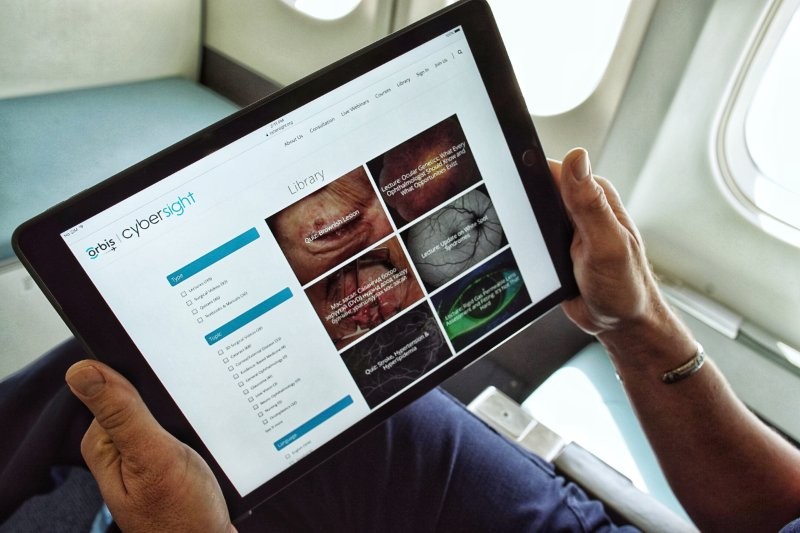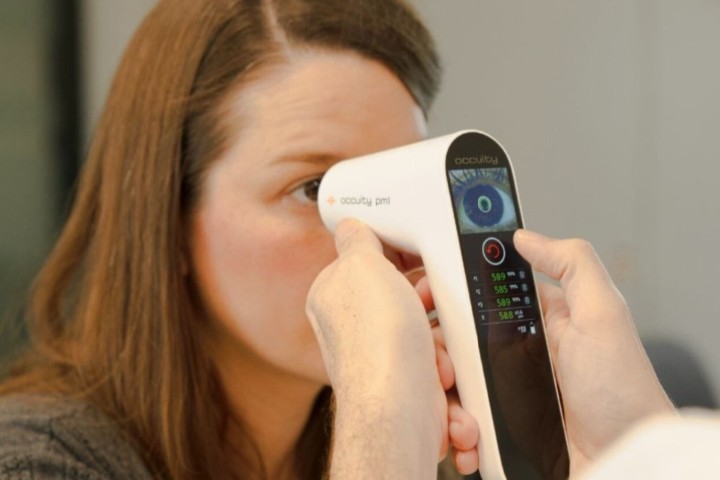Enhanced digital health records delayed
The end of the first phase of the Shared Digital Health Record (SDHR), intended to enhance and increase coverage of existing regional shared electronic health records (SEHRs), is now scheduled for December 2025.
The delay from its intended June roll-out is due to “various internal and external factors”, said a Health New Zealand update.
The existing SEHRs include HealthOne in the South Island and TestSafe, Your Health Summary and the SEHR in the North Island.
Health New Zealand website says that the SDHR is a data service designed to securely share patient data across healthcare settings. With patient consent, providers nationwide will have secure access to critical health information such as allergies, adverse reactions, conditions, encounters and observations, and will be able to access and update a patient's core health information through this new service. The SDHR roll-out doesn’t, however, include implementation for general practice.
In this first phase, Health New Zealand is collaborating with primary care providers who opt in to collect and share read-only versions of the data held in their practice management systems (PMS). SDHR provides an opt-out process for patients who prefer not to share their information and any current confidentiality notifications about patient data in PMSs will be observed. Patients will also be able to request the details of who is accessing their records.
The SDHR will be a fast healthcare interoperability resources (FHIR)-based data service, with APIs (application programming interfaces) being made available on the Digital Services Hub later in 2025.
“Patients' ophthalmology and optometry records will not be included in the first phase of the Shared Digital Health Record data service project,” said Jean Flemming, acting director Strategy and Investment Digital Services, Health New Zealand. “It is planned that additional types and sources of health information from various care settings will be included (within usual privacy and consent requirements).”
Subject to funding, future development will expand access to other parts of the health system, including first responders, hospitals and specialist services, she said.


























